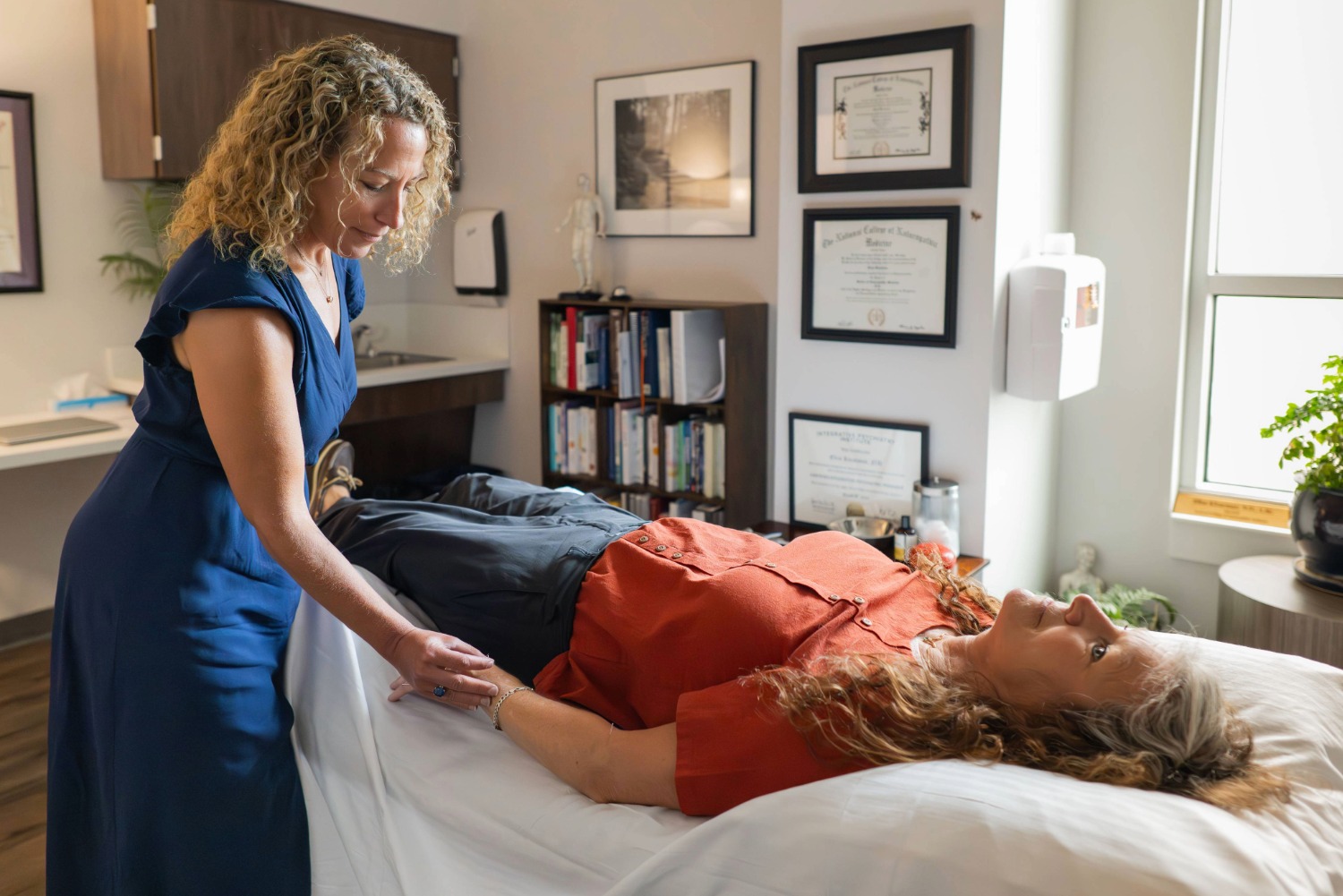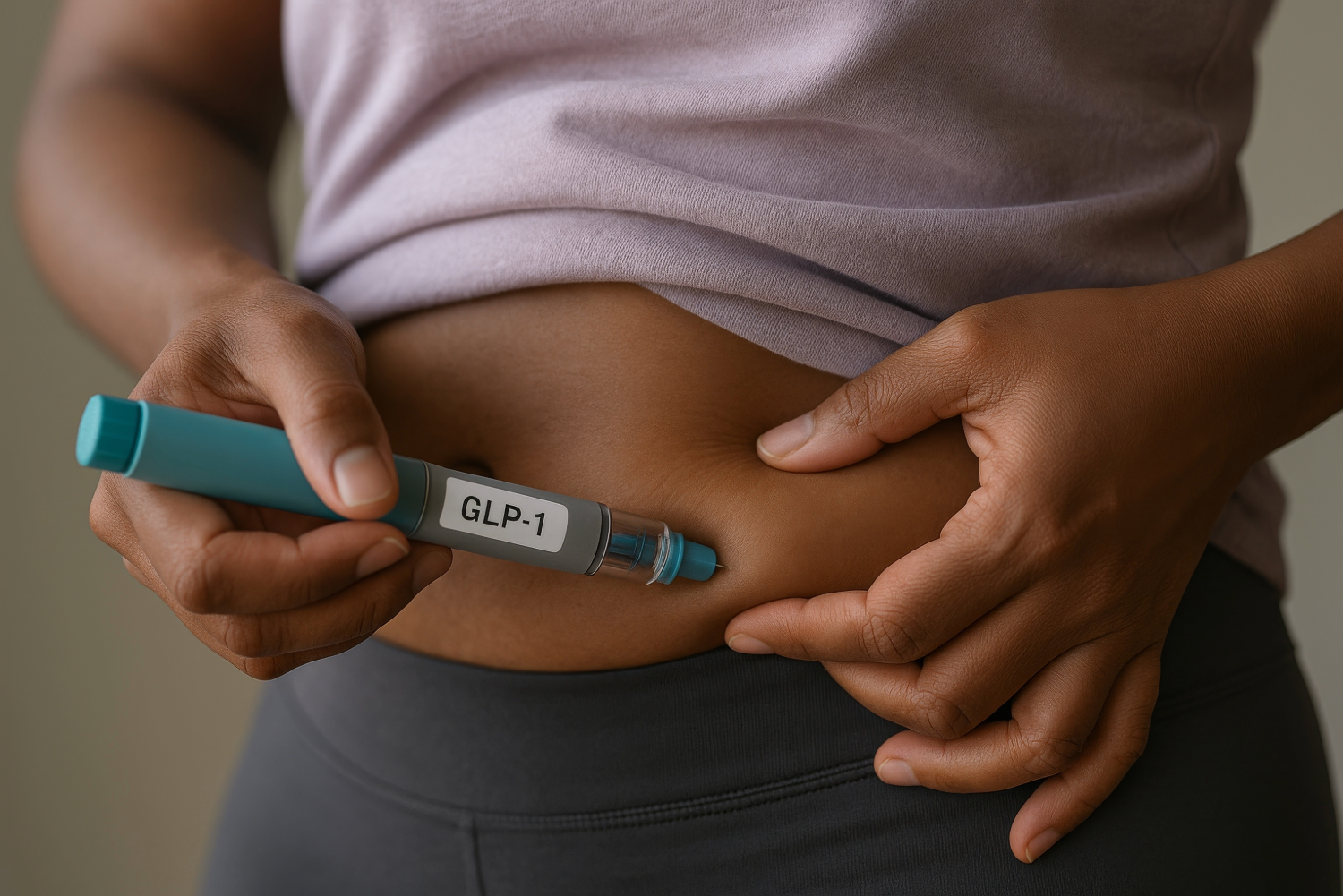Take note: being young and fit is NOT protective! You may feel invincible, but in fact you are at higher risk of AMS.
Dr. Dennis Lipton, board-certified internal medicine physician at Colorado Mountain Medical explains that AMS is more than just mild breathlessness and fatigue, which almost everyone experiences. Symptoms of AMS include severe fatigue, nausea, headache, weakness, and a general feeling of being unwell, often likened to a hangover. Although it generally resolves on its own in 2-3 days, prevention is still the best strategy. Altered mental status, chest pain, and severe shortness of breath are NOT typical symptoms of AMS, and should receive immediate medical attention.
Those who live at lower elevations may experience a period of physical adjustment to the higher elevation. Recreational activities such as hunting, fishing, skiing, rafting and hiking increase the oxygen demand on your body. This demand is intensified at a higher elevation.
By knowing a few facts about how your body responds to higher altitude, you can more fully enjoy your new surroundings. Diane Schmidt, Vail Valley Medical Center's employee health nurse offers tips for those visiting Vail.
Effects of high altitude
High altitude can be anything above 5,280 feet. Effects vary among individuals and more commonly occur at elevations greater than 8,000 feet. At this elevation, oxygen is 40-45% less dense than at sea level and has 50-80% less humidity.
Acute mountain sickness
This is the most common high altitude illness. Symptoms may begin on arrival but the onset may also be delayed. Symptoms can include headache, nausea, loss of appetite, insomnia, strange dreams, lethargy and sometimes flushed feelings. Children may have the same symptoms and may have vomiting. The illness usually lasts one or two days.
Treatment includes resting frequently during the first few days at high altitude, keeping any recreational activities at a lower altitude the first day, eating lightly, drinking more liquids, (not alcohol), and decreasing smoking. Aspirin or Tylenol or mild sleeping medication may help, but barbiturates should be avoided.
The best treatment is prevention
Take a few days to arrive at the higher altitude and increase your activity slowly. When moving into your new housing, walking up and down stairways one can experience overexertion easier than expected. Allow for frequent rest periods as needed to adjust to the altitude over the next few days.
Acute mountain sickness may progress to the more serious high altitude pulmonary edema, (HAPE). If you develop symptoms such as difficulty breathing, continued headache with mental disturbance, coughing or staggering gait, you should see a physician immediately. This can be a medical emergency!
Effects on medical problems
People with chronic lung or heart disease may be affected adversely by the elevation. The decrease in oxygen alters body functions, making it harder to breathe and forcing the heart to work more. Respiratory rate and heart rate are increased. Avoid overexertion by adjusting your pace. It is always advisable to consult your family doctor before coming on your trip. If you find yourself having continued problems, you should seek medical advice immediately.
Sunburn
There is less atmosphere to block out the sun's burning ultraviolet rays, so sunburn occurs more readily. The effect is worsened by the sun reflecting off the snow and back onto the body. Don't underestimate the sun. Be careful to use the appropriate sun block daily. Spend less time in the sun than you normally would to limit potential skin damage.
Eye care
The sun is more intense at the higher altitudes so wearing protective sun glasses is advised for all seasons of the year. Eye drops to moisturize dry, itchy eyes as well due to the low humidity and irritation that some people experience.
Dehydration
Dehydration may be caused by the dry mountain air and an increased respiratory rate due to the lower oxygen content. This results in increased loss of body moisture, which can be made greater with alcohol consumption. It is advisable to drink 6-8 glasses of water a day and monitor the color of your urine. If it appears deeper yellow or amber, drink more water to keep yourself hydrated.
Skin care
To keep your skin hydrated and avoid drying and itching consider using a moisturizing soap for bathing. Apply lotion of choice after bathing to lock in the moisture and keep your skin healthy. This is important year round, but especially in the cold winter months when the low humidity and temperatures are harder on the skin. Lip balm is an essential tool to moisturize lips in winter weather.
Nosebleeds
The low humidity dries the membranes of the nose, making them brittle and frequently causing nosebleeds. Dehydration and head colds may cause them as well. Avoid colds, stay hydrated and use a humidifier. If a nosebleed does occur, the most effective way to stop it is to pinch the nose together for 5 minutes. A simple way to add humidity to your living space can be to open bathroom doors when showering/bathing to allow steam to escape to other rooms, as well as put a pot of water on the stove and let it boil to add the humidity to the rooms. Humidifiers of various types can be purchased for use and helpful in the winter months for household comfort. Your sense of smell may change, and using a saline nose spray to hydrate nasal passages can be helpful to avoid a stuffy nose.
Effects in medications
Barbiturate and alcohol should be used with caution. Their effects are greater at higher altitudes. Oral anticoagulants (blood thinners) also may have increased effect. Anyone taking this medication should have their prothrombin times checked frequently. Lasix or other strong diuretics may cause your blood pressure to fall when standing up. This may result in fainting or dizziness.
Digestion changes
Some people may develop a full feeling sooner than anticipated when eating a usual portion size, as well as experience a “gassy stomach” even when eating foods not usually associated with these side effects. Usually, these symptoms will pass in time after adjustment to the altitude. Eating meals higher in carbohydrates can ease altitude sickness for many people. Increase your iron intake and consciously taking deep breaths throughout the day can be helpful as well.
About Dr. Dennis Lipton - Internal Medicine | (970) 926-6340
Dennis Lipton MD is a board-certified internist trained in the essentials of primary care and disease prevention and can help ensure patients receive the proper medical screening tests and immunizations.









